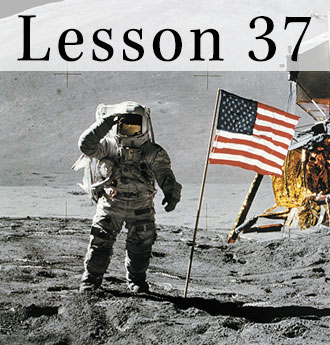The Resource Center » Level 3 » Unit 6 »
Lesson 37: What Key Challenges Does the United States Face in the Future?

Lesson Purpose
When you have finished this lesson, you should be able to discuss the effects of diversity and technology on the lives of Americans. You also should be able to explain the importance of civil discourse in debating divisive issues. Finally, you should be able to evaluate, take, and defend positions on the changing expectations of America's governments and potential constitutional amendments.
Lesson Objectives
- discuss the effects of diversity and technology on the lives of Americans,
- explain the importance of civil discourse in debating divisive issues, and
- evaluate, take, and defend positions on the changing expectations of America’s governments and potential constitutional amendments.
Lesson Terms
Lesson Biographies
Lesson Court Cases
Case Summary
In 1785, the Massachusetts legislature incorporated the Charles River Bridge Company to construct a bridge and collect tolls. In 1828, the legislature established the Warren Bridge Company to build a toll-free bridge nearby. Unsurprisingly, the new bridge deprived the old one of traffic and tolls. The Charles River Bridge Company filed suit, claiming the legislature had defaulted on its initial contract.
Question(s)
Did the legislature enter into an economic contract with the Charles River Bridge Company that was impaired by the second charter in violation of Article I, Section 10 of the Constitution?
Answer(s)
No. In a 6-to-2 decision, the Court held that the state had not entered a contract that prohibited the construction of another bridge on the river at a later date. The Court held that the legislature neither gave exclusive control over the waters of the river nor invaded corporate privilege by interfering with the company's profit-making ability. In balancing the rights of private property against the need for economic development, the Court found that the community interest in creating new channels of travel and trade had priority.
See: Charles River Bridge v. Warren Bridge, 36 U.S. 420 (1837)
Lesson Primary Sources
The United States Citizenship and Immigration Cervices (USCIS) redesigned its naturalization test in 2008, concentrating on wider civic concepts rather than facts. Applicants must correctly answer six of ten questions drawn from a pool of 100.






